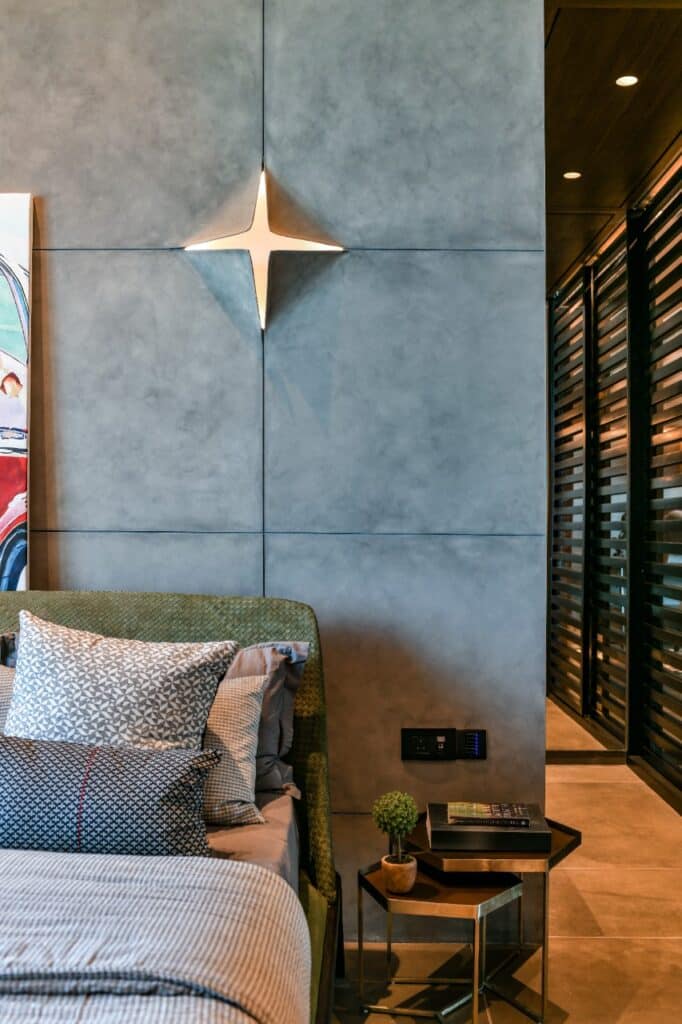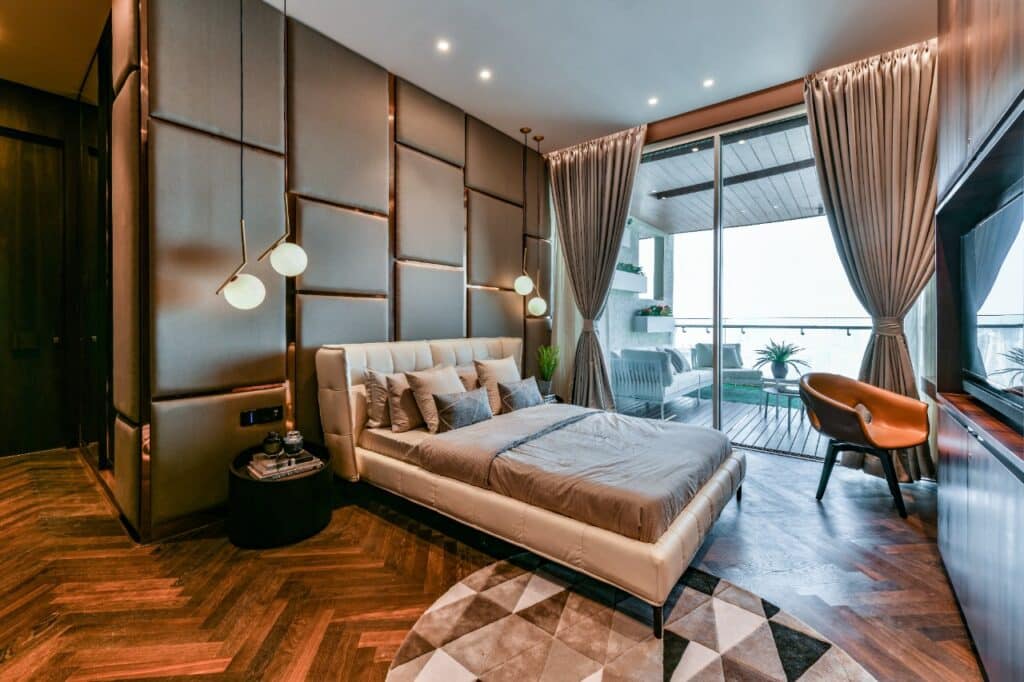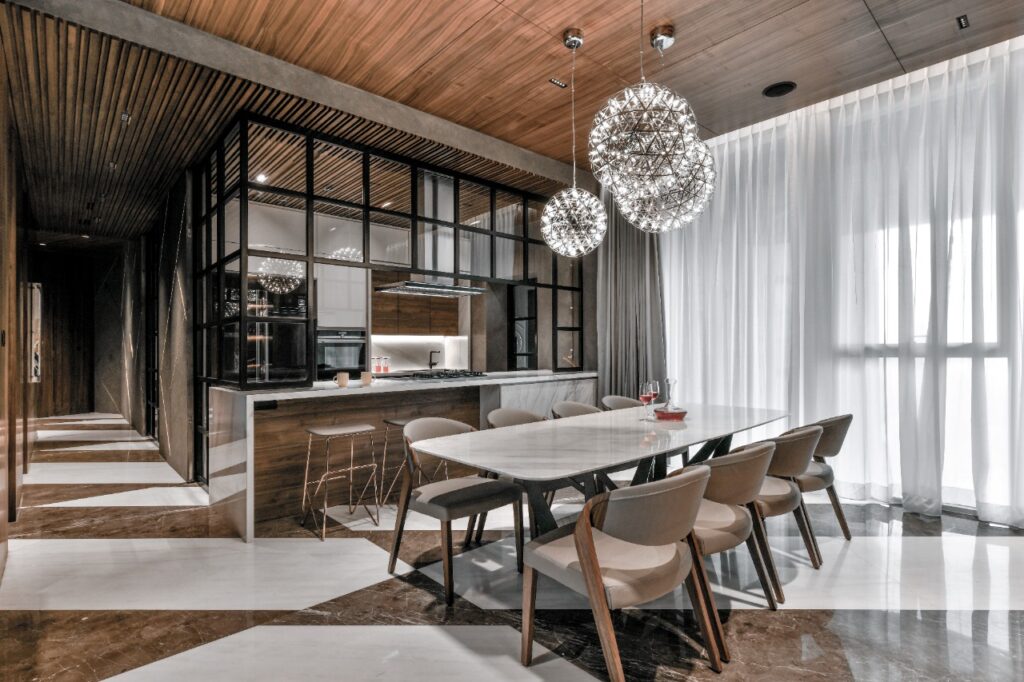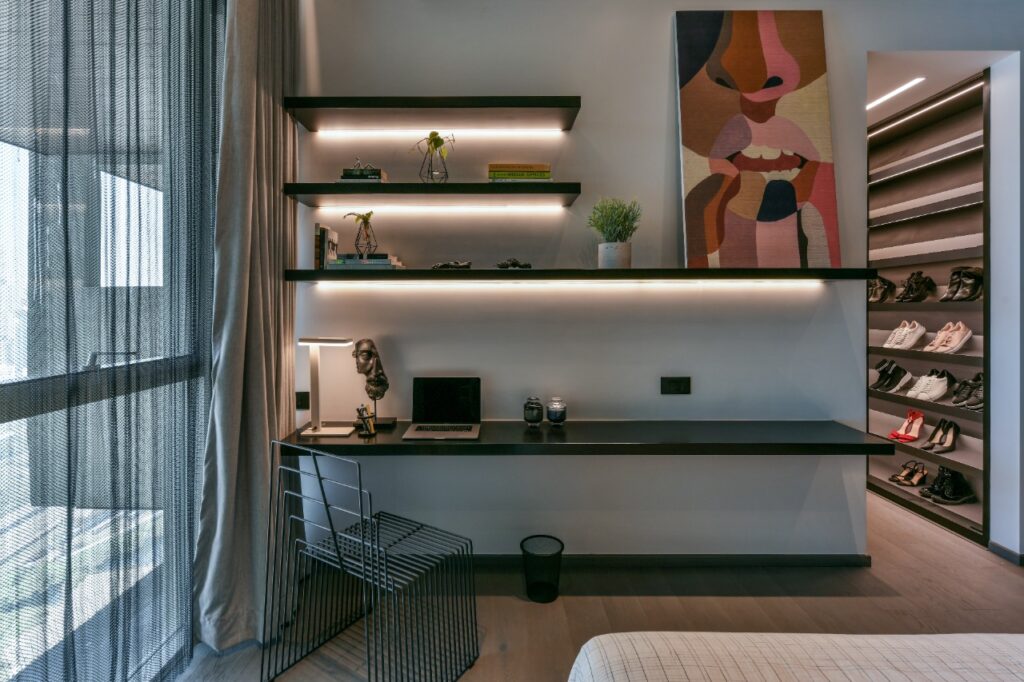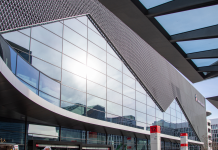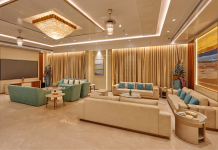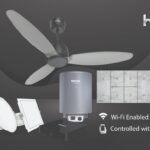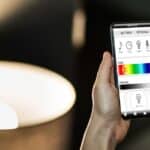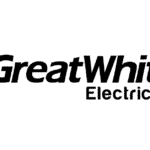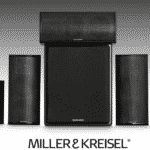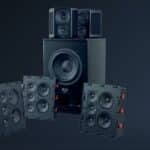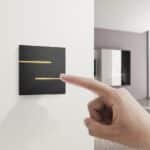
“We are currently witnessing a new alliance of humans and machines—inside your home, which will be a common phenomenon across homes in the next five years”, says Mistri .
Smart Homes are all about creating a better experience for the people, resulting in secure, energy-efficient homes that are easier to manage and enrich the overall quality of life. “These homes use automation technology and modern building techniques to give homeowners a new level of control. Hence, smart home technology is being utilized more and more within homes, for multiple reasons. With everything readily available at our fingertips, it is now possible to operate your lighting, heating, and electronic devices with just a button on your smartphone or computer. So, equipping your homes with such intelligent technologies leads to comfortable and quick access to your appliances”, explains Rahul Mistri, Founder and Principal Designer, Open Atelier.
Who(consumer groups) are opting for smart homes the most?
In my opinion, it is not possible to pinpoint a particular consumer group as I believe that all groups are directly or indirectly opting for innovative home technologies. The benefits of smart technologies are being gained by many. On one hand, homeowners want to control their devices via phones and on the other hand, employers need to install a biometric system to maintain their employees’ attendance.
Over the past few years, there has been a hype around all sorts of smart-home products and future home concepts. However, the most satisfactory products stood out and gained more visibility. For instance, smart speakers started witnessing a higher rate of adoption. The next wave of smart homes is evident, as home automation is rapidly getting integrated with energy management with solar panels or even EV chargers. This is leading to smart grids connections that go beyond intelligent metering.
What according to you are the must-have smart home products in today’s contemporary homes?
Smart speakers and displays, smart plugs, smart locks and home security products, smart heating and cooling systems, and smart lighting, are my go-to smart home products, to name a few.
What role does system integrators play when it comes to designing a smart home? How important is their role?
A smart home is considered a primary service of the Internet of Things (IoT). Today, many leading global companies are launching smart home services/products based on the IoT. Not a single vendor in IoT can offer a catch-all or an end-to-end solution, and frankly, you wouldn’t want them to. The actual value of IoT lies in its limitless possibilities. You should always select your “parts” to get the maximum benefits and customize them based on your needs and requirements. Historically, system integrators have been the only players to pull together a project with multiple parts and vendors. They have experience in putting together networking, IT or security projects, using equipment from different vendors.
Products of which category (lighting, security, entertainment etc.) witness maximum demand when it comes to integrating smart home devices with the interiors? Why?
It is difficult to answer this, as it is very consumer specific. Ideally, the lighting, AV and curtains make the combination, as it sets the right mood for the suitable event. Security is a crucial subject that can be addressed based on requirement level. If you ask me, the end-users are yet to feel comfortable having their HVAC and other appliances on automation.
What according to you are the major benefits of Smart & connected homes in the current “tech-savvy-era”?
It’s 4 A.M. You are starting to feel a little cold, curling around your blanket, and Voila, your AC, senses it and turns off without you lifting a finger. Your doorbell is tuned to recognize the face of your regular guests, while your refrigerator has pre-ordered milk for your breakfast before you realize it’s over. You walk into your room, and the brightness is adjusted automatically based on your liking, so you can control what goes on in the house even when you are in another country and have similar experiences.
In which sector(hospitality, commercial, residential), according to you, traditional devices and techniques are getting rapidly displaced to make room for smart devices and systems, aided with the latest technologies? And why?
Several fractions of the hospitality, commercial or residential sectors have brought in smart devices in their tech packages if not all. Moreover, technological advancements have proved that the possibilities of creating new systems are endless. For example, as COVID-19 hit the world, the need for “touchless” and hygienic surfaces has become a prerequisite for these sectors.
Especially in the hospitality sector, systems that allow one to access their rooms with smartphones instead of keys, electrical appliances that shut down automatically once the guest leaves the room, saves time and reduces the energy consumption of a building. Similarly, functions ranging from changing the warmth of light with the touch of a button to having built-in cameras at their doorbells, offer comfort, security, and economic benefits, which homeowners look forward to. The commercial sector, too, is switching to smart technologies such as touch-free doors at airports or digital parking tickets, sent directly to smartphones. This makes it easier for the overall system to function smoothly and eliminate possible human errors.
In what ways do you think the concept of smart homes has contributed to the lifestyles of working professionals?
The world is moving ahead rapidly, leaving no time to waste, especially for the working professionals. Hence, people have found a way around it by using technologies that save their time! Transforming their traditional homes into smart homes by reducing old-school methods, gives them more time to focus on other things and balance their work-life. In addition, smart homes are convenient, offer better control and management, while improving the quality of life.
How do you foresee the Smart home industry 5 years down the lane?
The majority of the projects done by Open Atelier are Smart Homes. This makes me believe that more and more people are now opting for smart home solutions. The feedback of clients for smart homes is generally positive, as smart home solutions are quite user-centric. Five years down the lane, newer and better technologies will become an integral part of houses. Therefore, I think, even architects and interior designers should be well-equipped with these systems and seamlessly integrate them into their designs.



